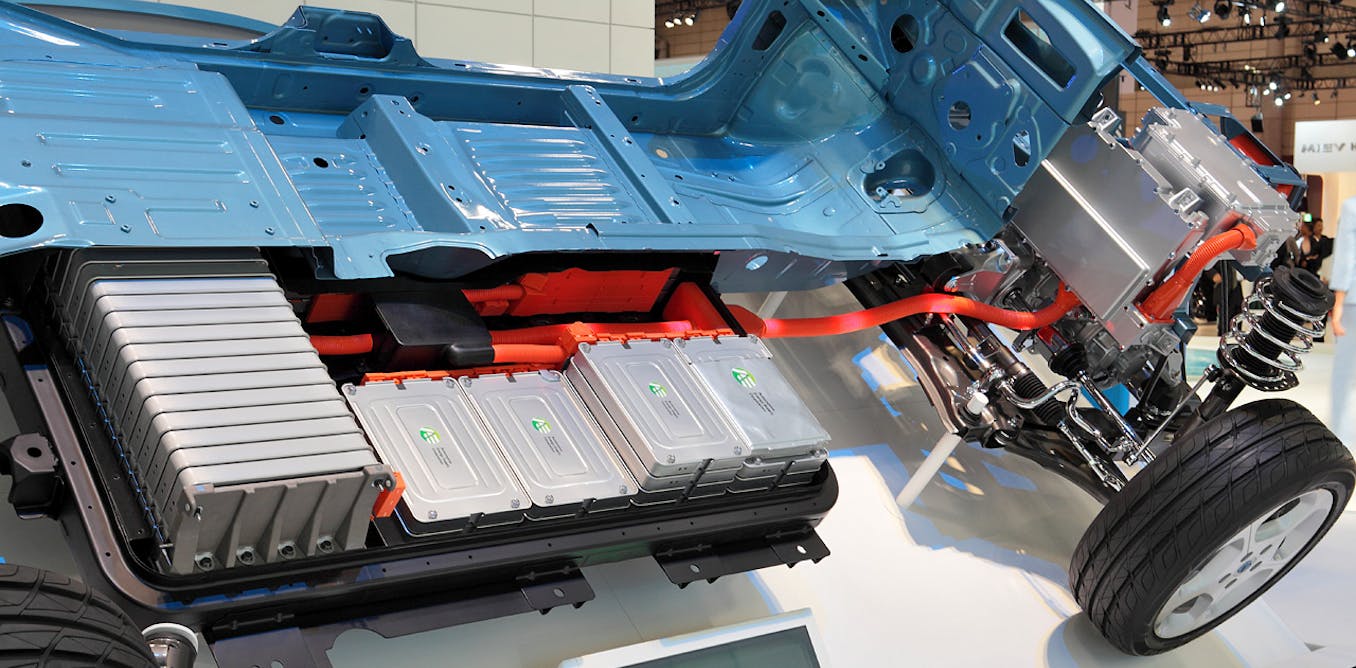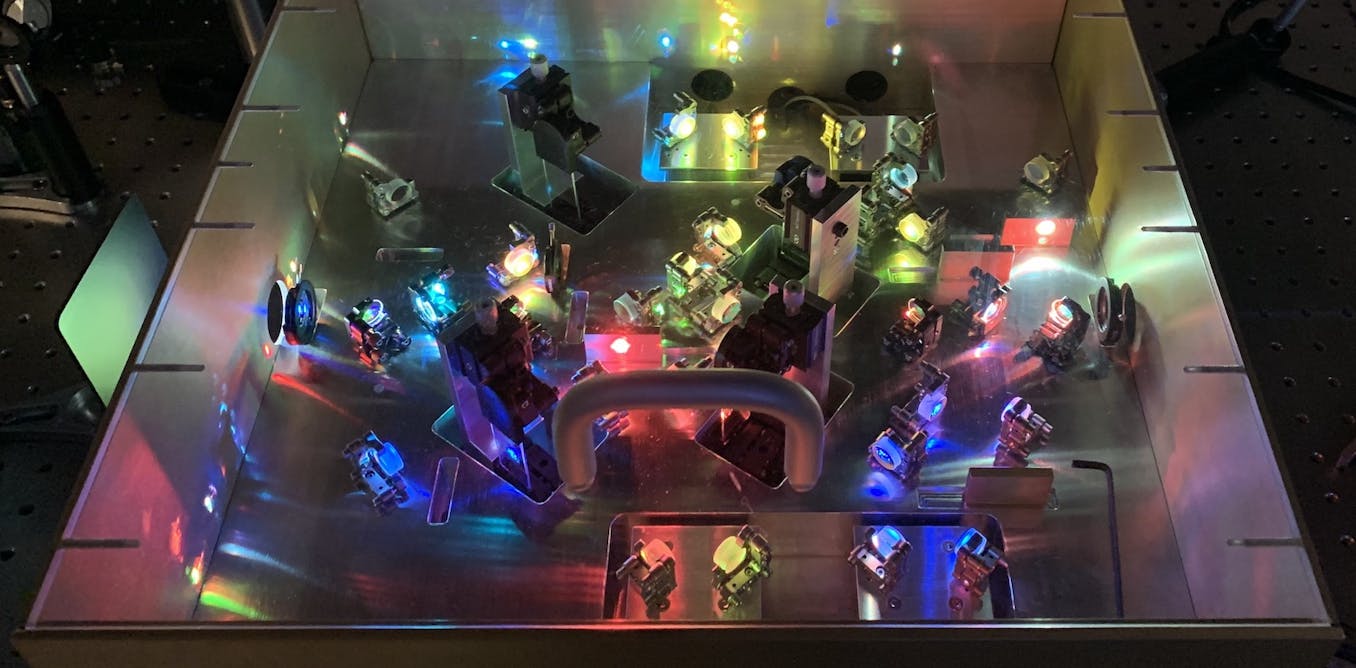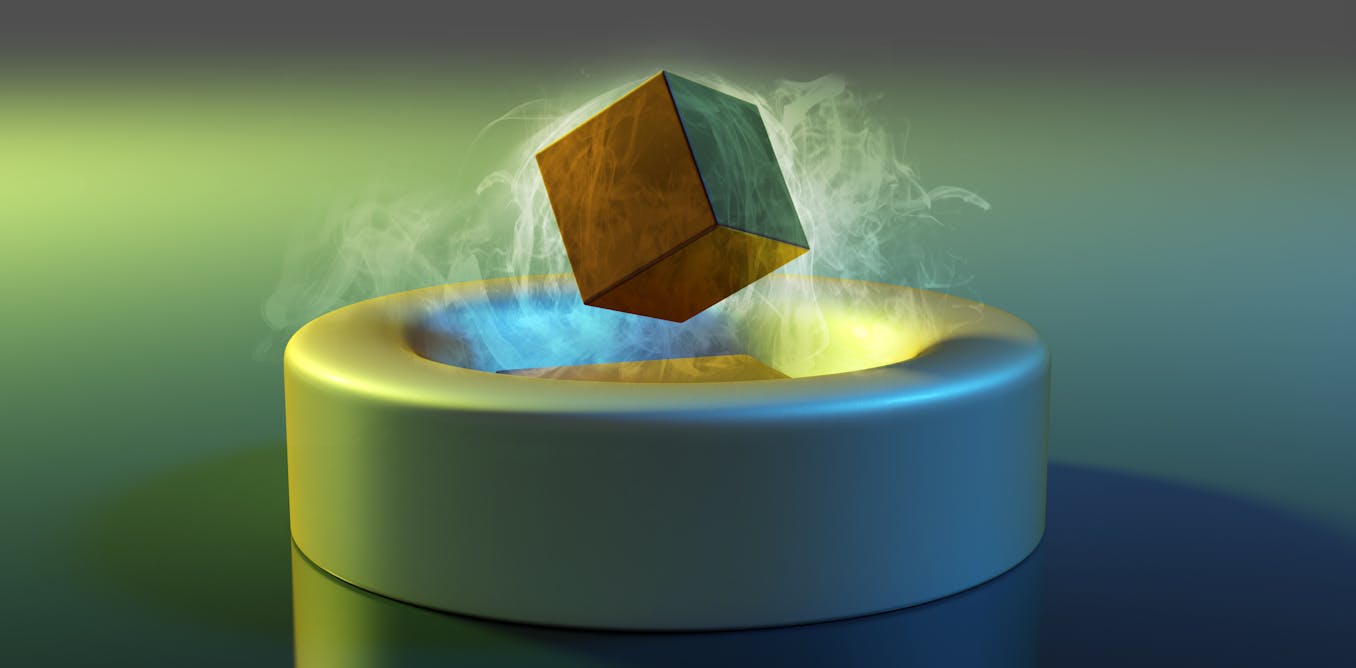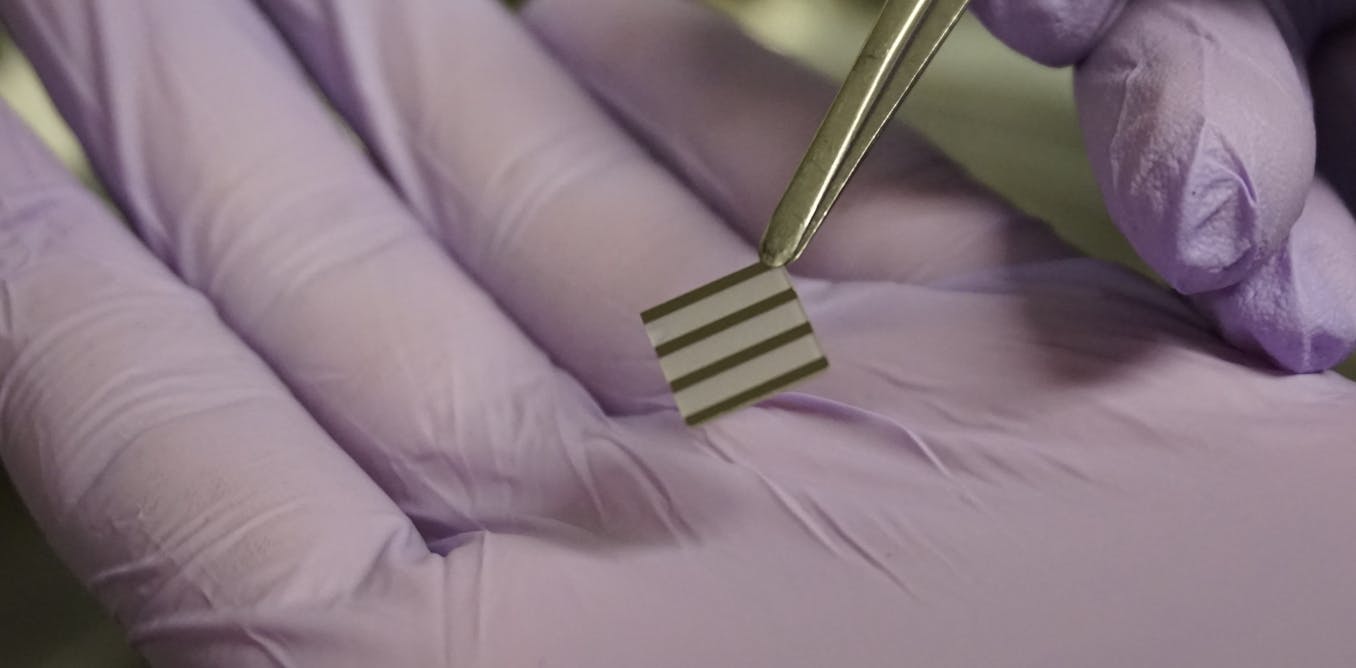Lithium-ion batteries don’t work well in the cold − a battery researcher explains the chemistry at low temperatures
Electric vehicles are catching on across the US, but they’re also catching on fire in colder regions like the Northeast and Midwest.
March 5, 2024 • ~7 min










